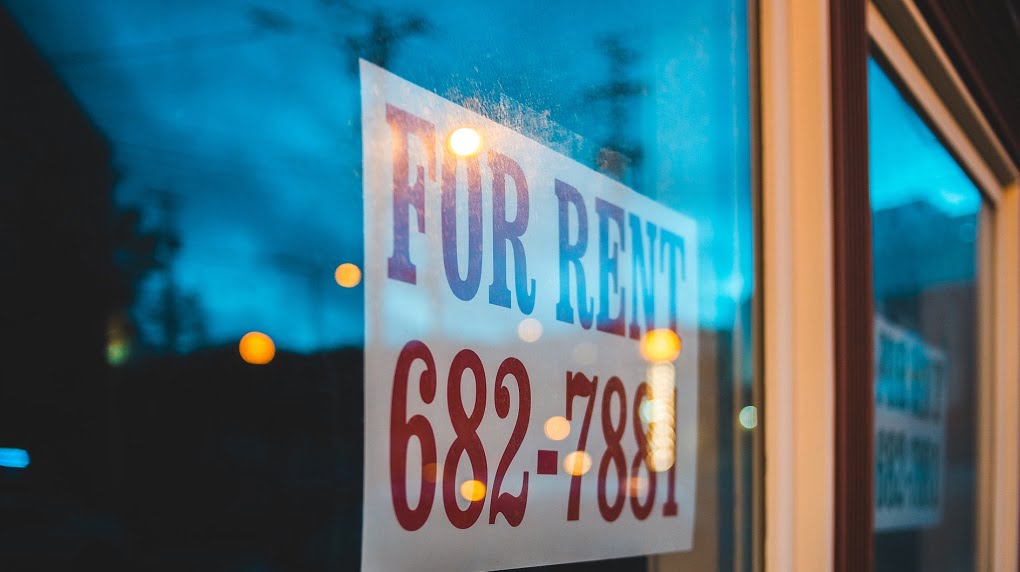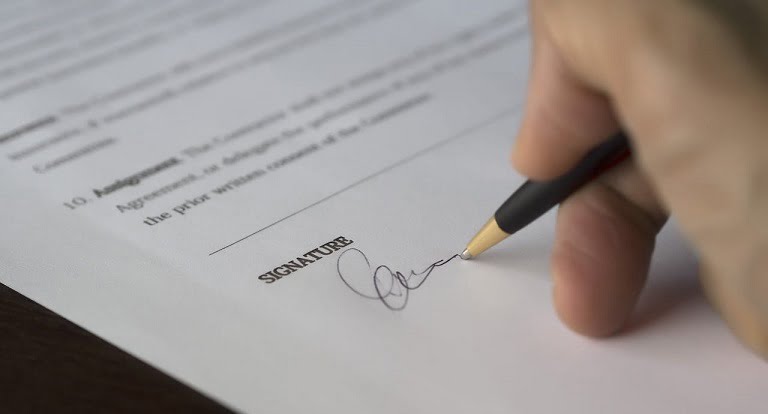Top 8 Things to Consider When Signing a Tenancy Agreement in Malaysia
Renting and embarking on a new tenancy in Malaysia is an exciting chapter. However, before you officially move into your new space, it is crucial to navigate the tenancy agreement carefully. This legal document lays the foundation for your stay and outlines the responsibilities of both landlords and tenants. In this article, we will guide you through the top 8 things to look at when signing a tenancy agreement in Malaysia.
1. Lease Terms and Duration
When delving into the complexities of signing a tenancy agreement in Malaysia, it is important to carefully examine the lease terms and duration. Gain a comprehensive understanding of the tenancy’s length and familiarize yourself with the conditions for renewing or terminating the agreement.
Consider your long-term living plans and ensure that the duration of the tenancy aligns seamlessly with your goals. For example, if you are working on a short-term contract job in the city, a one-year rental plan is more suitable as it provides higher flexibility. This step is vital for preventing any unforeseen complications down the road. By carefully navigating the lease terms, you empower yourself to make informed decisions that contribute to a positive tenancy experience.

2. Rental Amount and Payment Terms
When it comes to the financial aspects of securing a rental property in Malaysia, a thorough understanding of the rental amount and payment terms is important. Pay attention to the rental amount in the agreement and check if it is the agreed-upon amount. Additionally, understanding the specifics of payment due dates can help you plan your monthly budget effectively and avoid any potential late fees.
Besides, it is also important to check the details of the accepted mode of payment, whether it is through bank transfers, checks, or other methods. Pay careful attention to any clauses in the agreement that address late payments or additional charges.
3. Security Deposit and Refund Procedures
In addition to the monthly rental, the tenant will need to pay a large sum of security deposit when signing the agreement. Discuss with your landlord about the specified deposit amount and gain clarity on the terms governing its refund at the end of the tenancy. It is essential to comprehend the conditions under which deductions of the security deposit may occur. This can help to ensure transparency in the process and prevent any surprises related to the return of your security deposit.
Furthermore, establishing a mutual agreement between both parties regarding the condition of the property upon your departure is important too. Walkthrough the property with your landlord. Take note of any existing damages or wear and tear, and document these aspects to avoid disputes during the refund process. By proactively addressing the security deposit and refund procedures, you contribute to a positive landlord-tenant relationship.
4. Maintenance Responsibilities
Many tenants often overlook the maintenance section in the tenancy agreements. Carefully examine the agreement clauses that outline maintenance responsibilities. Take note of key aspects such as repair obligations, maintenance costs, and the procedure for reporting issues within the property. This comprehensive understanding is instrumental in preventing misunderstandings in the future and ensures that the property is well-maintained throughout your tenancy.
By determining who holds the responsibility for various aspects of upkeep, you contribute to the creation of an efficient system. Whether it is addressing minor repairs or major maintenance tasks, a transparent delineation of responsibilities fosters a positive landlord-tenant relationship. This proactive approach not only promotes a well-kept living space but also sets the groundwork for effective communication.

5. House Rules and Regulations
When signing a tenant agreement, you must familiarize yourself with the specific house rules and regulations that govern the property. Each landlord and management may have its unique set of guidelines that cover aspects such as restrictions on alterations, subletting policies, and rules concerning pet ownership. Being fully aware of and adhering to these stipulations is key to fostering a harmonious living environment.
Understanding the established house rules not only ensures compliance but also contributes to a positive community atmosphere. By respecting the guidelines outlined in the tenancy agreement, you actively participate in creating a cooperative and considerate living space. Whether it involves obtaining prior approval for alterations or following pet-related restrictions, aligning with these regulations helps in maintaining a peaceful coexistence within the shared property.
6. Utilities and Additional Costs
It is important to gain clarity on the financial aspects beyond the basic rental amount, such as utilities fees and additional costs. Communicate with your landlord to check whether water, electricity, and internet are included in the rental fee. This understanding is crucial for managing your monthly expenses effectively. You can plan your budget with precision and avoid any unexpected financial burdens.
7. Inventory and Condition Report
Prior to settling into your new rental home in Malaysia, it is advisable to request an inventory and condition report from your landlord. This document serves as a record outlining the present state of the property, highlighting any existing damages or wear and tear. Taking this initiative not only offers you a clear insight into the property’s condition but also establishes a vital foundation for a smooth and amicable landlord-tenant relationship.
Collaboration between both parties is crucial during this phase. Ensure that both you and your landlord thoroughly review and agree upon the contents of the inventory and condition report. This mutual understanding minimizes the likelihood of disputes arising during the move-out process.
8. Termination and Renewal Procedures
When navigating a tenancy agreement in Malaysia, a crucial aspect often overlooked is a comprehensive understanding of termination and renewal procedures. Take the time to familiarize yourself with the outlined procedures for both terminating and renewing the agreement. This involves understanding the required notice period for both parties and any specific conditions that may influence the termination or renewal process. Whether you plan to conclude your tenancy or explore the possibility of renewal, a proactive understanding of these procedures allows for informed decision-making.

Conclusion
Signing a tenancy agreement is a significant step in securing your new living space in Malaysia. Taking the time to thoroughly understand and discuss these key points with your landlord can contribute to a positive and stress-free tenancy experience. By being informed and proactive, you can ensure a smooth transition into your new home.